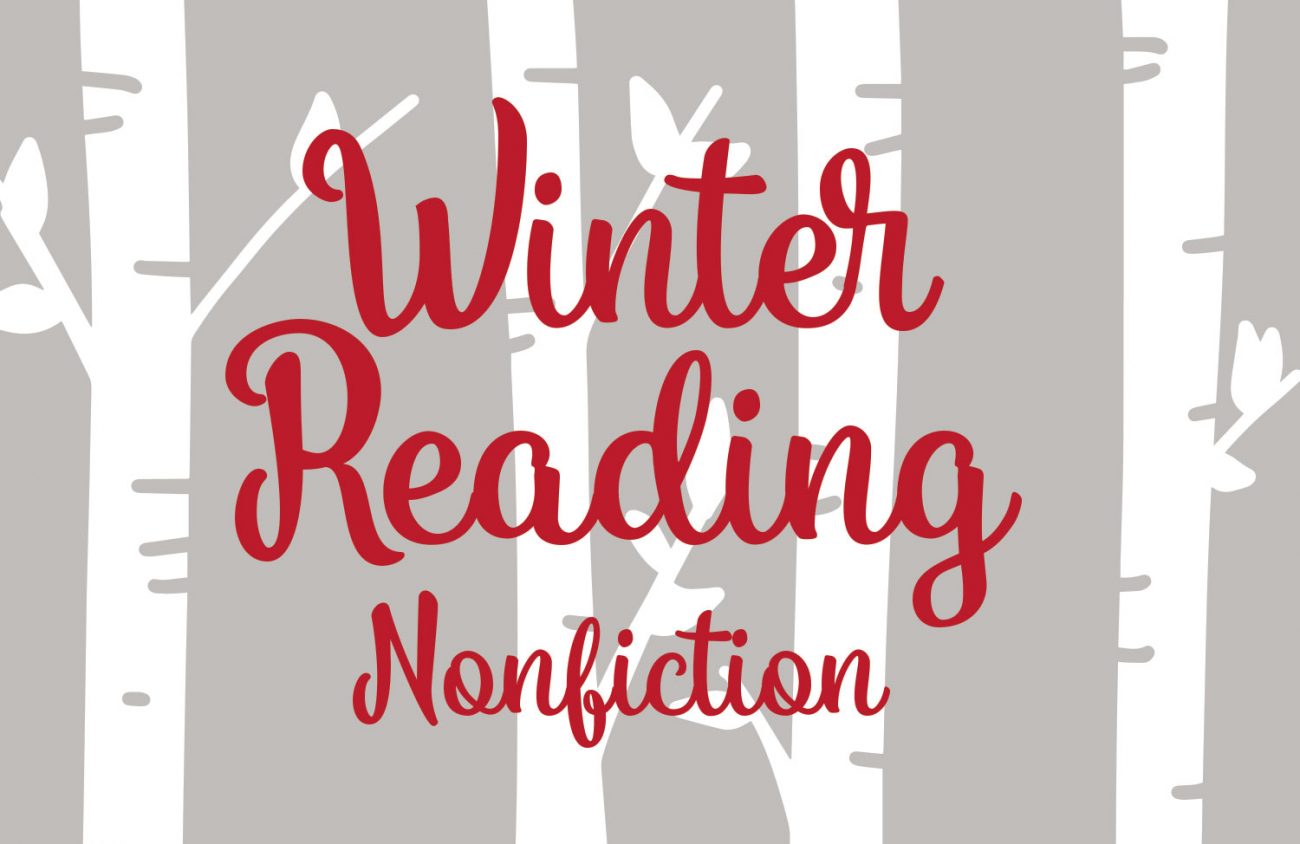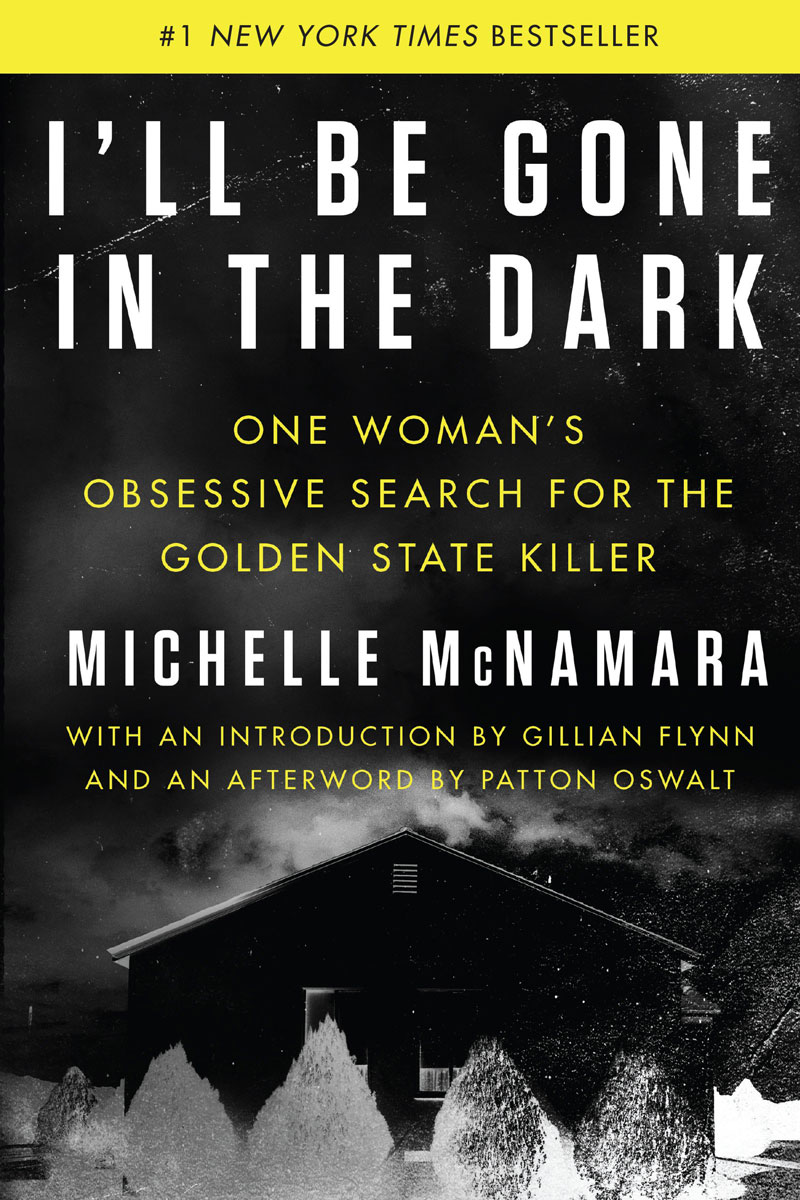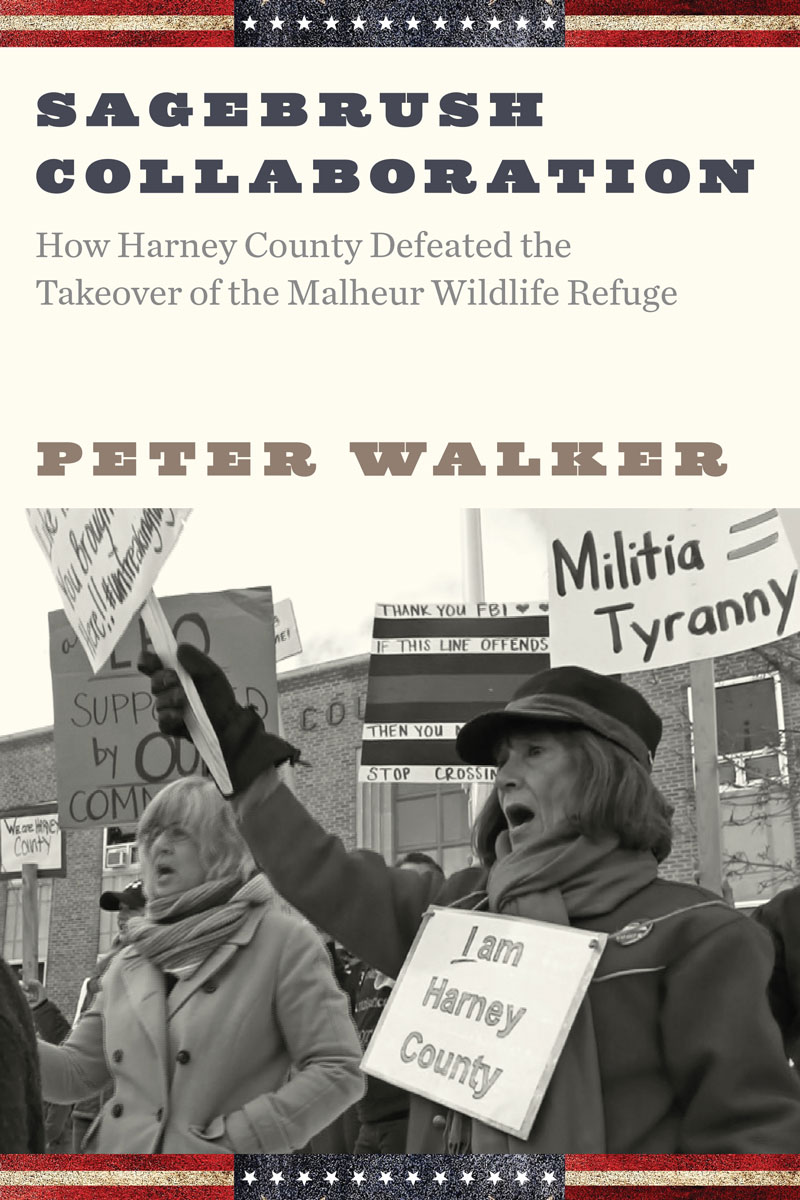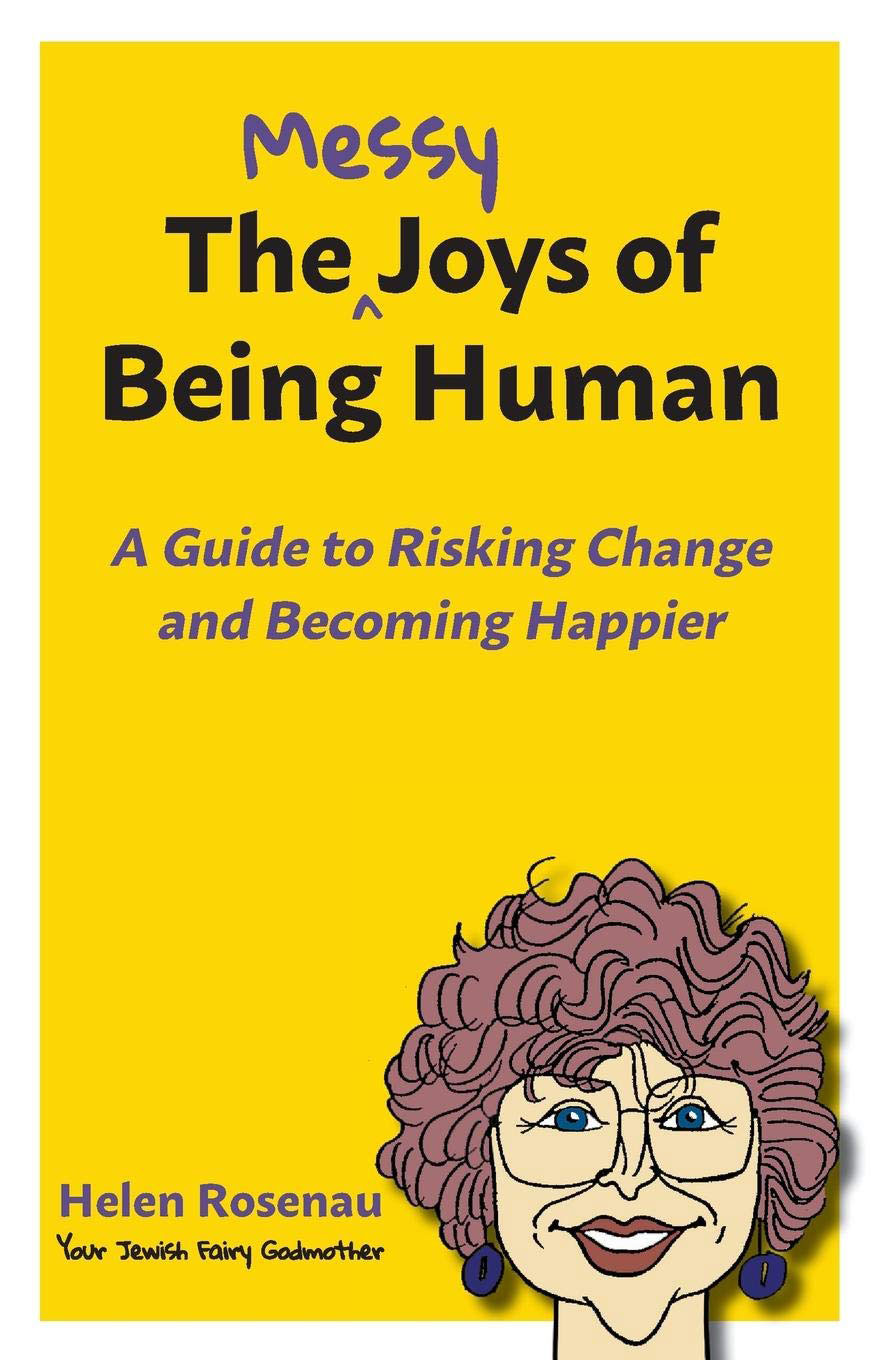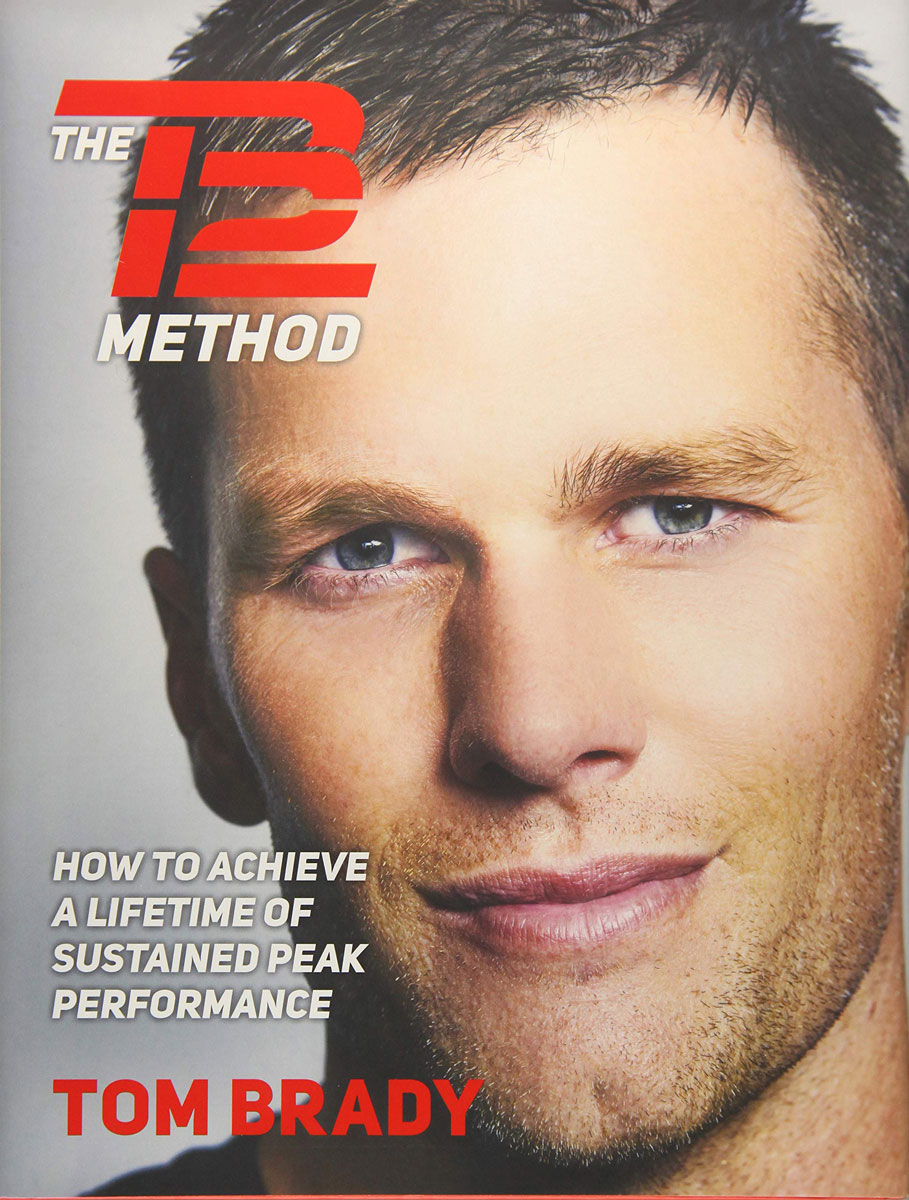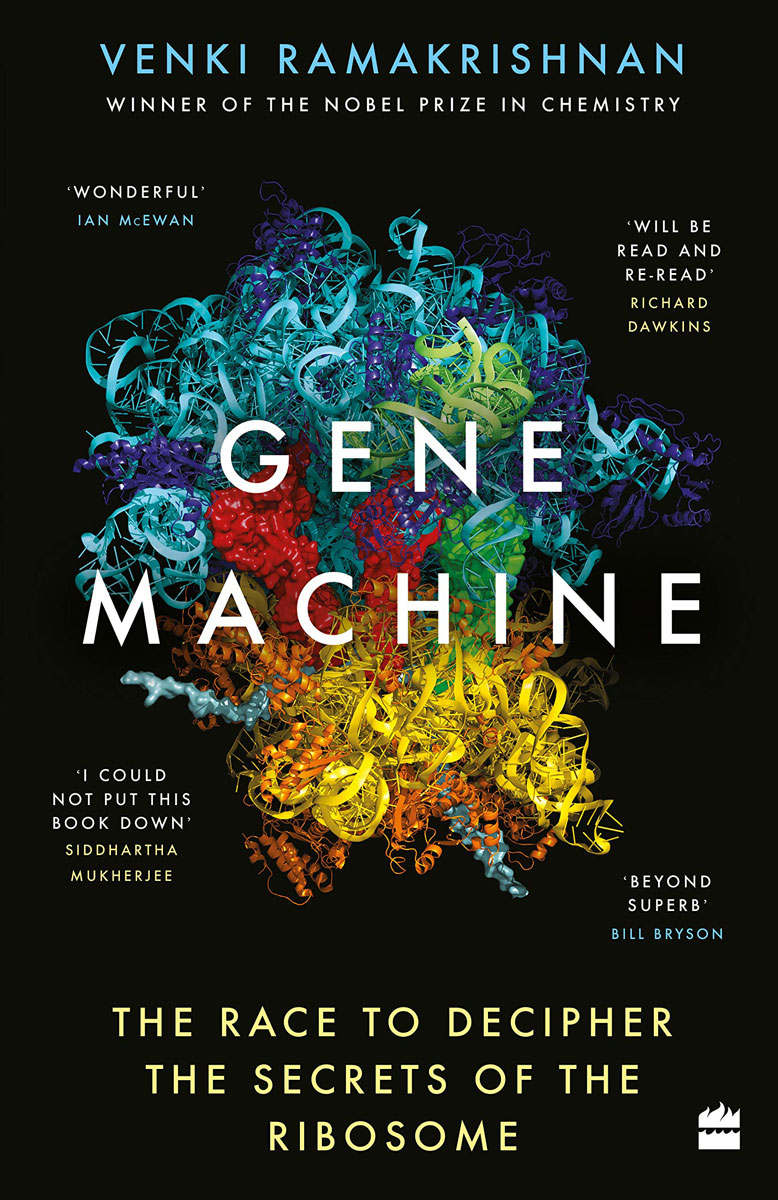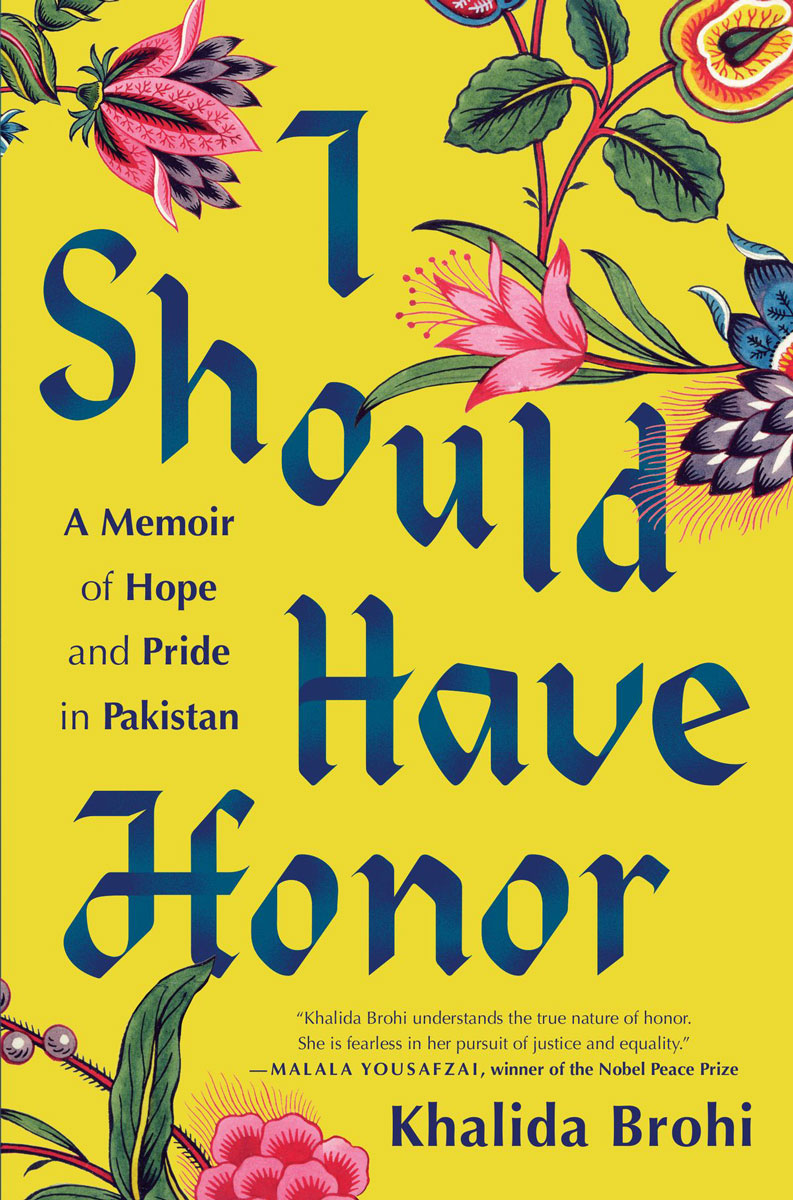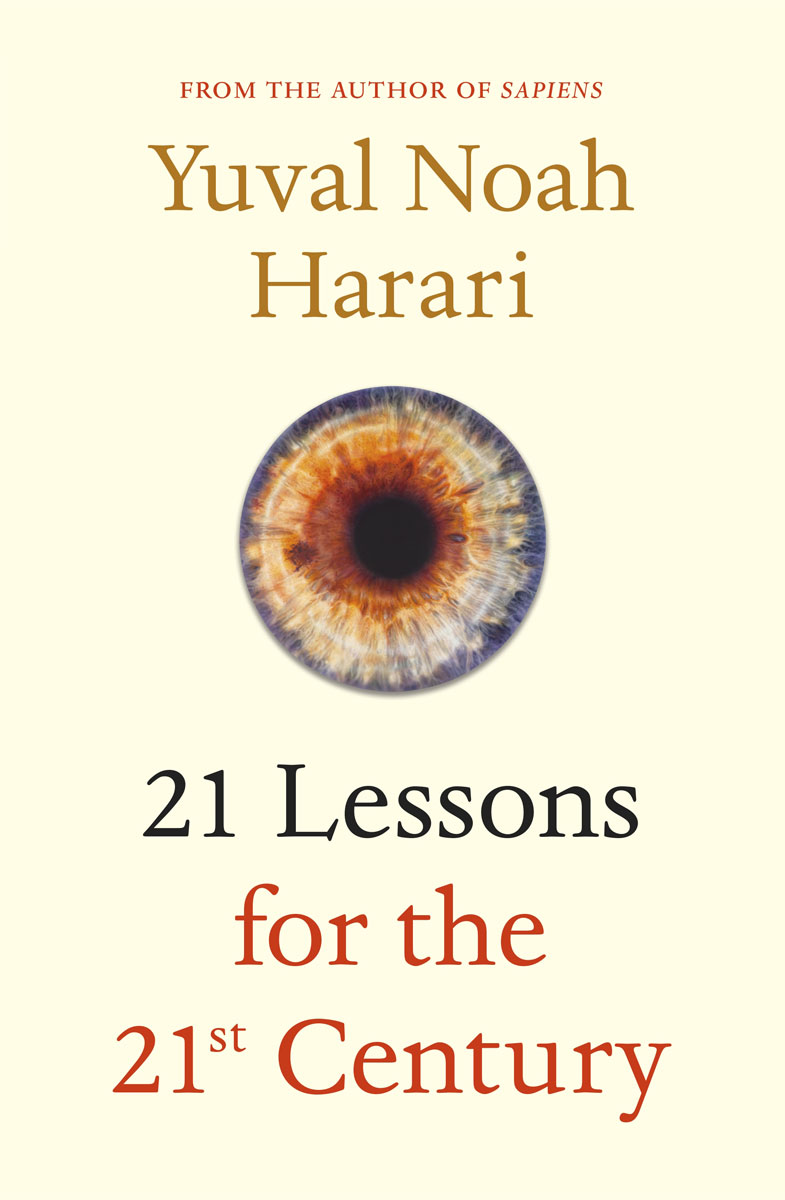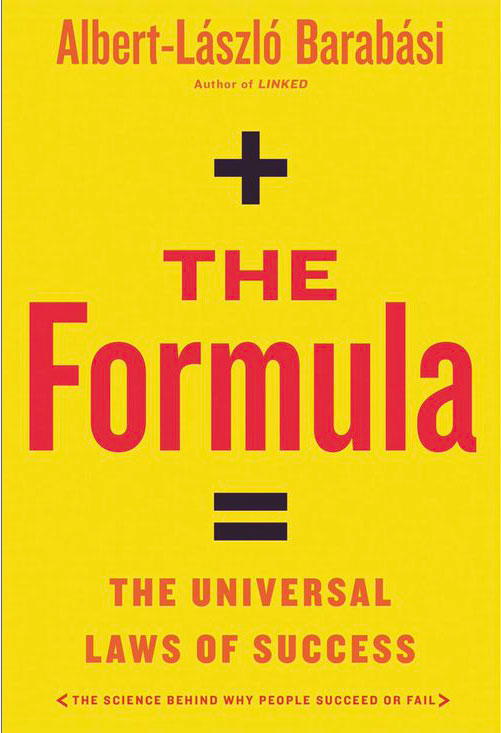I’ll Be Gone in the Dark: One Woman’s Obsessive Search for the Golden State Killer by Michelle McNamara. Harper Collins Publishers, $27.99.
Around Halloween time, I get the insatiable need to consume all things creepy and dark — horror movies, murder podcasts, etc. Michelle McNamara’s I’ll Be Gone in the Dark is a true-crime thriller that very specifically scratched that itch. The book covers the history of rapes and murders committed by the Golden State Killer, also known as the East Area Rapist and the Original Night Stalker, in California in the ’70s and ’80s. That timeline, as well as interviews with retired detectives, family members of victims, victims themselves and other normal people trying to solve a decades-old mystery, all come together in a captivating narrative brilliantly reported by McNamara, who unfortunately passed away a few years before I’ll Be Gone in the Dark’s publication. She is survived by her husband, comedian Patton Oswalt, who helped finish the book. Sacramento police made an arrest of a suspect a month after the book was published. — Meerah Powell
Sagebrush Collaboration: How Harney County Defeated the Takeover of the Malheur Wildlife Refuge by Peter Walker, Oregon State University Press, $19.95 (Oregon author)
When a ragtag bunch of armed militants took over the tiny headquarters at Malheur National Wildlife Refuge one winter day in 2016, journalists from around the country converged on the nearby eastern Oregon town of Burns. Much of the national media got the story wrong in fundamental ways, casting it in romantic terms of an uprising of local gun-totin’ cowboys against the overbearing government. A journalist who got things right was University of Oregon geography professor Peter Walker, who — being on sabbatical that term — packed his car and headed to Burns as soon as he heard about the takeover.
Walker wrote extensively that winter on social media about the alienation felt by locals from the occupying militants, who — had they done any homework — would have realized that Harney County was probably the least likely region of the rural West to support such an uprising. What the Bundy family and its followers never understood was that ranchers, business owners, tribal leaders and environmentalists in Harney County had been engaged for decades in the often dull and always difficult business of negotiating agreements over regional land-use issues, from protection of the refuge to establishment of a federal wilderness area on nearby Steens Mountain. All those parties didn’t necessarily love one another, but they had all earned mutual respect.
Walker’s excellent and readable book about the occupation not only gets the details right — he pretty much lived in Harney County that winter and got to know all the players well — but sets the story in the greater national context that’s now defined by President Donald Trump. Walker calls the occupation an abject failure. “Ammon Bundy seemed unable to grasp that, for most Harney County citizens, his cowboy hat did not make him local,” he writes. “The majority of Harney County’s community just wanted the Bundys, the militia, outside law enforcement, and the media to leave them alone.” — Bob Keefer
The Messy Joys of Being Human: A Guide to Risking Change and Becoming Happier by Helen Rosenau. Riverview Press, $17. (Oregon author)
You know that old saying: Don’t judge a book by its cover? Well, I have a really hard time in that department when it comes to actual books. While pursuing the bookstore or library, I am way more likely to pick up a book whose cover speaks to me. I have to admit, when I first came across The Messy Joys of Being Human by Eugene-based author Helen Rosenau I didn’t think it would be a book for me. I was proven wrong, however, as I read the first page and found myself screaming, “Yes!” to the questions posed by the author right out of the gate. Apparently, to my own surprise, I did require a Jewish fairy godmother — Rosenau’s self-professed title — this whole time without being aware of it. It’s a book of questions, of sharing, of enlightening self-awareness, and most of all some of the best advice I have been given in a long time. While devouring the pages with a pencil and notebook in hand, I felt like I was having a conversation with an old friend. The Messy Joys of Being Human challenged me to embrace my struggles and guided me on a journey of both change and discovery. Unlike other self-help books I have read in the past, Helen’s writing is warm and compassionate, and sprinkled with a type of wit and humor that could only be delivered by the Jewish fairy godmother that you never knew you needed. — Elisha Young
The TB12 Method: How to Achieve a Lifetime of Sustained Peak Performance by Tom Brady. Simon & Schuster, $15.95.
I don’t trust anyone who genuinely likes Tom Brady. Brady, the New England Patriots and their head coach Bill Belichick are basically the villains of professional football. Yet, despite winning five Super Bowls and Brady’s annoying habit of making a comeback — and being a 40-something quarterback who doesn’t get hurt that much — I figured there was something to learn from the guy. I’m no NFL quarterback — though I am trying to perfect my Madden skills — but, being human, I’m always interested in books that offer an athletic Sorcerer’s Stone. This publication covers Brady’s athletic growth, the thesis of his workout plan, and sampling of menus and workouts. Sure, the workouts are rooted in the idea of increasing pliability and flexibility, and the book offers some great exercise routines. However, the downside is that it not only sells the Brady brand, but you have to deal with his arrogant face the whole time. — Henry Houston
Gene Machine: The Race to Decipher the Secrets of the Ribosome by Venki Ramakrishnan. Basic Books/Hachette, $28.
Remember the race to sequence the human genome? That didn’t win a Nobel Prize. This book tells the story of another race in molecular biology going on about the same time. It wasn’t as public — until three of the competitors shared the Nobel Prize in Chemistry, and one of them wrote this engaging and highly readable book. If DNA is the blueprint of life, then these pages center on a major part of the molecular construction crew to transform the genetic code into flesh and blood.
The author, one of the Nobel winners, tours readers through the human side of science — the frequent failure punctuated by tiny but exhilarating successes, as well as the corrupting effect of science prizes. The personalities, obsessions, love lives, humor and occasional paranoia could fuel a Big Bang Theory knock-off show. In one fun fact, Ramakrishnan writes of his first graduate student Bil Clemons, whose late uncle Clarence was a long-time saxophonist in Bruce Springsteen’s E Street Band, a role now taken up by Clemon’s younger brother Jake, while Bil now runs a lab at Cal Tech. At one point, the author writes of an experimental setback that “looked like it was giving Bil the finger.”
In an Oregon connection, another of the Nobel winners worked in the Santa Cruz lab of Harry Noller who got his Ph.D. at University of Oregon. — Carol Cruzan Morton
I Should Have Honor: A Memoir of Hope and Pride in Pakistan by Khalida Brohi. Random House, $27.
Most books about Pakistan usually have some sort of terrorist or Islamic slant to it, painting it as some godforsaken country. Khalida Brohi’s book avoids this pitfall. In a look at honor killings in Pakistan, Brohi doesn’t damn the country for a tradition that has affected her family (her uncle killed her cousin for falling in love with a man she wasn’t promised to). That could be because, in the book, she reflects on feeling shame about writing of honor killings in an application to study in Australia. Pakistan was full of rich culture, intelligence, beauty and humanity; it was more than a shameful tradition. Brohi does condemn the tradition of arranged marriage. However, she honors Pakistan and the rural village of the province of Balochistan, where her parents were married at a young age; she honors Kotri, Sindh and the villagers there. She doesn’t condemn the people, because they’re the key to eradicating the tradition through education. Once educated, her father refused to honor his own father’s request to submit his first-born daughter (Brohi) to an arranged marriage. But, as Brohi says in the introduction, her father did so because he wanted to offer another way of life for his daughters. Moved by her cousin’s murder, Brohi at 16 went on to form a nonprofit that aims to empower women in rural and tribal areas in Pakistan. It’s clear she has honor. — Henry Houston
21 Lessons for the 21st Century by Yuval Noah Harari. Spiegel & Grau, $28.
21 Lessons for the 21st Century is Yuval Noah Harari’s third book in which he shines light on terrorism, inequality, religion, ecological collapse and the current state of national and global politics. Harari’s bold observations, which he develops from in-depth study of human history, are clever and insightful. Nationalism is a theme that Harari continues to circle back to while addressing reasons liberal democracy is in crisis. This book fluidly connects the biggest problems we face as a society in this century while offering suggestions that could help us avoid a future we don’t want to endure. The book takes some broad sweeps on big topics like technology, the education of our youth, and the beliefs we hold on to in order to create meaning in our lives. It’s a fascinating read with engaging questions and ideas worthy of considering. — Carrie Mizejewski
The Formula: The Universal Laws of Success by Albert-Laslzlo Barabasi. Little, Brown and Company, $29.
If at first you don’t succeed, try again. Big data has rediscovered this proverb and teased out a handful of “immutable laws” that govern success — defined as rewards we earn from the communities we belong to. In other words, “success isn’t about you, it’s about us,” writes Albert-Laslzlo Barabasi, a researcher who studies complex networks such as the World Wide Web, genes and disease, and neurons in the brain. In sports, college acceptance, wine ratings, ace pilots, academic research, drug approval, calling center performance, art, music and business teams, success is a community response, influenced by individual and hidden network dynamics.
Sure, there’s a core skill or talent, but there are other factors, some of which can be controlled somewhat. Those personal action steps are a core appeal of the book as tools for personal use or to correct social and economic inequities. The examples and stories are intriguing, unexpected and satisfying by turns. It turns out, by the way, that the fame of Albert Einstein can be explained in part by the same factors that powered the $8.8 million Kickstarter launch of the game Exploding Kittens. — Carol Cruzan Morton
Winter Reading 2018
Larger than Life – A roundup of the year’s best photography books
Alt Histories – If hippos took over the South
